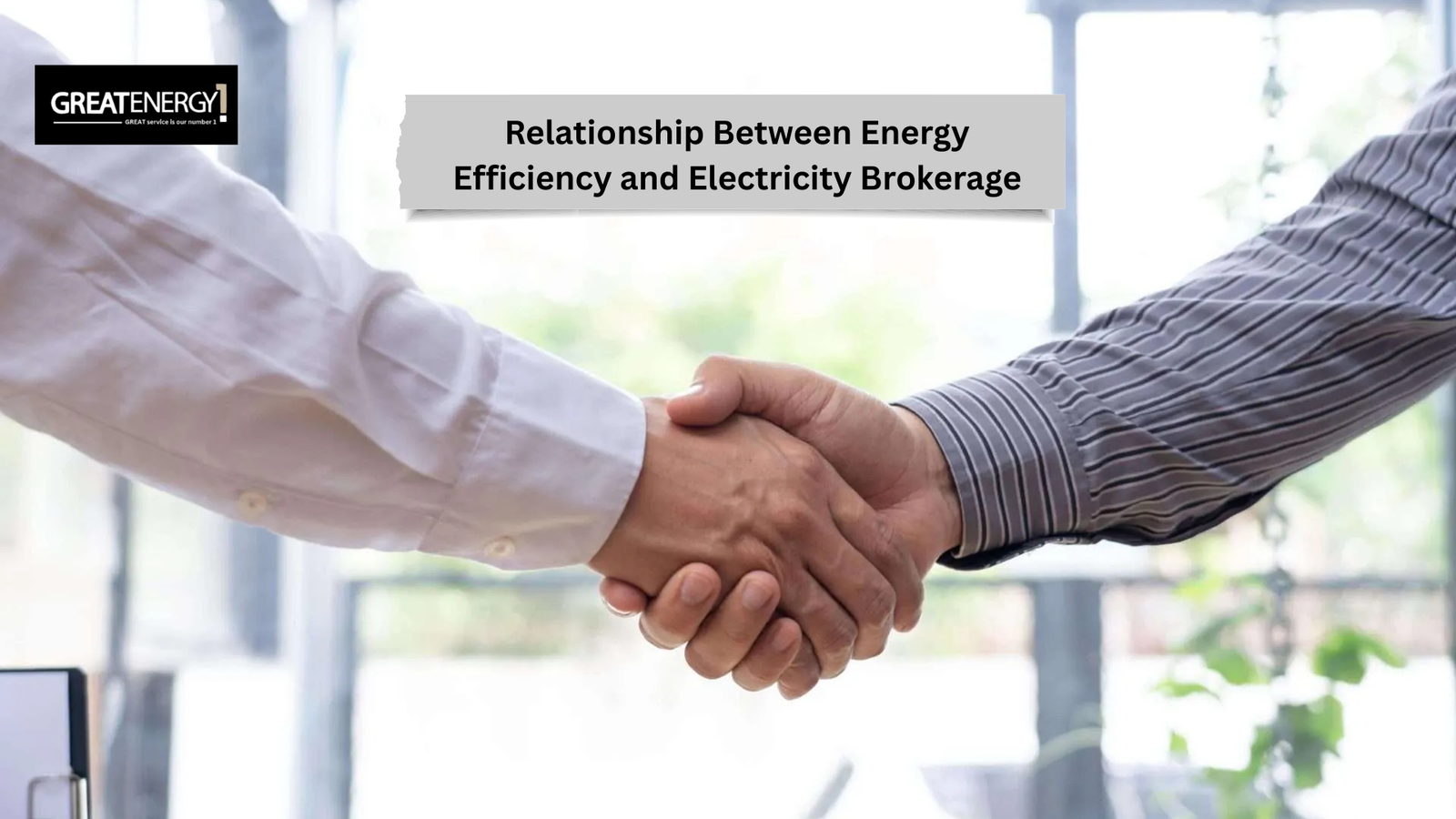Energy efficiency and electricity brokerage are two important parts of the modern energy market. Energy efficiency means using less electricity to do the same work, reducing waste, and helping lower costs. Electricity brokerage, on the other hand, is about helping businesses and consumers buy electricity at the best prices. Brokers act as middlemen between electricity suppliers and buyers.
These two areas are closely linked. When consumers use energy more efficiently, it affects how electricity is bought and sold. Brokers must adjust their strategies to match changing energy needs. This article explores how energy efficiency influences electricity brokerage and how brokers respond to these changes.
Energy Efficiency in Electricity Consumption
Energy efficiency is about reducing energy waste. There are several ways to achieve this:
- Demand-side management (DSM): This involves controlling how and when energy is used. Large consumers, like factories, adjust their operations to use electricity when prices are lower.
- Smart grids and meters: These tools help consumers track and reduce their electricity use in real-time.
- Efficient appliances and industrial processes: Energy-efficient equipment uses less electricity to perform the same task.
Energy efficiency reduces electricity demand. When businesses and households use less power, total electricity consumption goes down. This affects how energy is priced and sold in the market, and brokers must consider these changes when helping customers buy electricity.
Related Blogs:
How to Create an Energy Efficiency Plan for Your Business
Tips for Improving Energy Efficiency in Businesses
Role of Electricity Brokers in Energy Markets
Electricity brokers help consumers find the best electricity deals. Their main roles include:
- Connecting buyers with suppliers: Brokers help businesses and households find energy providers that meet their needs.
- Negotiating contracts: They secure the best rates and terms for their clients.
- Managing risks: Electricity prices change often. Brokers help clients avoid sudden price increases.
Electricity brokers analyze energy trends to find the best deals. Since energy efficiency affects demand, brokers must adjust their strategies accordingly.
Related Blog:
The Role of Behavioral Changes in Reducing Energy Consumption
How Energy Efficiency Affects Electricity Brokerage
Lower Demand & Market Impact
Energy efficiency reduces overall electricity demand. Electricity prices can become more stable when people and businesses use less power. Brokers must adjust their pricing strategies and contract terms to match lower demand.
Some key effects of energy efficiency on brokerage include:
- Reduced consumption affects pricing: Suppliers may offer lower prices when demand is low.
- New pricing models: Brokers may negotiate flexible pricing for energy efficiency improvements.
Related Blog:
Strategies for Negotiating Better Electricity Contracts
Time-of-Use Considerations
Electricity prices change depending on the time of day. Peak hours, when demand is high, usually have higher prices. Energy efficiency measures can shift energy use away from peak hours, helping lower electricity costs.
Brokers must consider:
- How efficiency changes peak and off-peak pricing.
- How to create contracts that reward clients for using energy at non-peak times.
Regulatory and Policy Considerations
Governments encourage energy efficiency by offering incentives and setting rules. Brokers must understand these regulations to help clients benefit from efficiency programs.
Key factors include:
- Government incentives for using less energy.
- Policies that require businesses to follow energy efficiency standards.
- The impact of efficiency rules on electricity prices and contracts.
Brokers who stay informed about these regulations can offer better deals to their clients.
Electricity Brokerage’s Role in Promoting Energy Efficiency
Brokers do more than just find the best electricity prices. They also help businesses and households become more energy-efficient.
Advising Clients on Energy Efficiency
Many brokers offer guidance on energy-saving strategies. They help clients:
- Use energy-efficient technologies.
- Switch to renewable energy sources.
- Optimize energy use to lower costs.
Offering Specialized Contracts
Brokers can negotiate contracts that encourage energy efficiency. For example, they may help businesses get discounts if they reduce their energy consumption during peak hours.
Related Blog:
What You Should Know About Energy Brokerage Fees and Contracts
Promoting Renewable Energy and Demand Response Programs
Energy efficiency and renewable energy often go hand in hand. Brokers help clients switch to green energy options like solar or wind power. They also assist in demand response programs, where consumers get incentives for using less electricity during peak hours.
Future Trends and Technological Developments
Technology is changing the energy industry. Both energy efficiency and electricity brokerage are evolving with new advancements.
Related Blog:
Future Trends in Electricity Pricing and Consumer Behavior
AI and Data Analytics
Artificial intelligence (AI) helps brokers predict energy prices and trends. Smart analytics allow brokers to:
- Find the best electricity deals in real-time.
- Help clients use energy more efficiently.
- Adjust contracts based on changing energy demand.
Blockchain and Smart Contracts
Blockchain technology is making energy transactions more secure. With smart contracts, buyers and sellers can automate payments and agreements based on real-time energy use, improving transparency and efficiency in the energy market.
Decentralized Energy Systems
More businesses and households are generating electricity through solar panels and batteries, reducing the need for traditional electricity supply. Brokers must adapt to this trend by offering new services to energy producers and consumers.
Conclusion
Energy efficiency and electricity brokerage are closely connected as people and businesses use energy more efficiently, and how electricity is bought and sold changes. Brokers must adjust their strategies to match lower demand, new pricing models, and government regulations.
Brokers also play a key role in promoting energy efficiency. They help clients find the best energy-saving strategies, negotiate specialized contracts, and switch to renewable energy.
Technology is further shaping the future of energy brokers (if you want to read about Energy Brokers, click here). AI, blockchain, and decentralized energy systems create new opportunities and challenges. Brokers who adapt to these changes will continue to provide valuable services in the evolving energy market.
